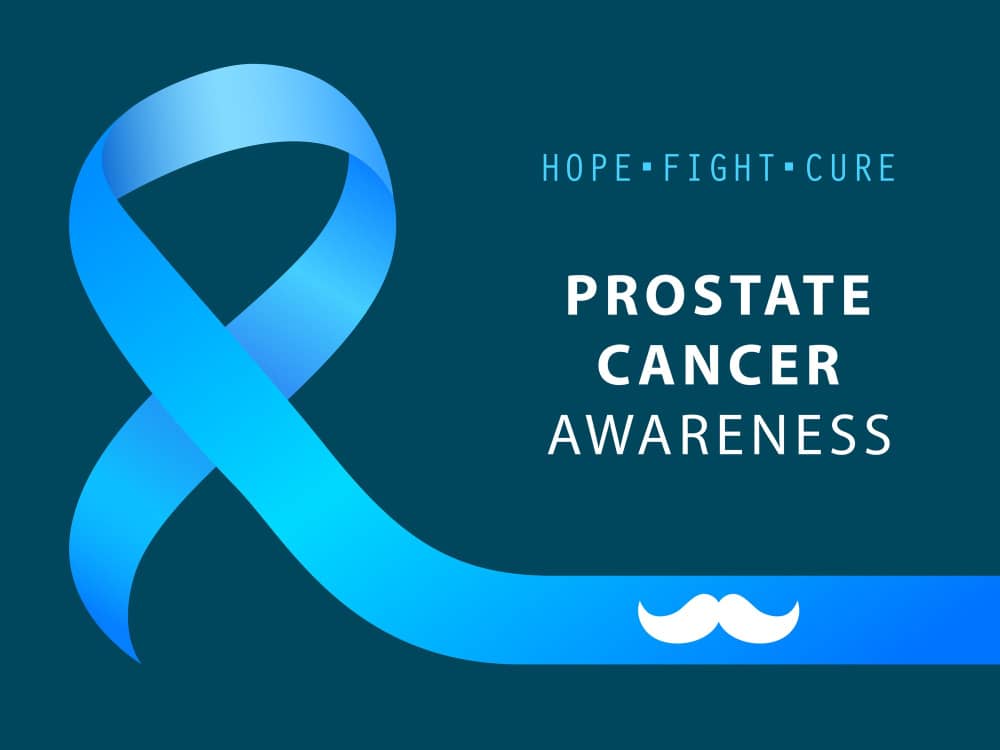Prostate cancer (PCa) is the most common cancer in men worldwide. It is the second major cause of cancer-related mortality in Ghana according to the latest report from the Global Cancer Observatory ( https://gco.iarc.who.int/media/globocan/factsheets/populations/288-ghana-fact-sheet.pdf). Although the detailed pathogenesis and carcinogenic processes are not completely understood, dietary habits have been shown to affect the risk and development and progression of PCa. Several empirical data show that some phytochemicals in plant-based diet could inhibit the early stages of prostate cancer development. Both basic and clinical research suggests that phytochemicals in green tea may help prevent the development and the spread of PCa.
Green Tea Consumption on PCa, Reports from Case-Control Studie. Several case-control studies have investigated the preventive effects of green tea for PCa. For example, a case-control study with 140 PCa cases and an equal number of hospital patients as controls was performed in Japan showed an inverse correlation between green tea consumption and PCa risk. Furthermore, another case-control study in China showed that increasing the frequency, duration, and quantity of green tea consumption could lead to a lower risk of PCa. Another case-control study in China, which consisted of 250 PCa patients and 500 controls, also showed that green tea consumption was associated with a decreased risk of PCa progression. These results suggest that green tea has a protective effect against PCa.
Green Tea Consumption on PCa, Report from Prospective Studies: A prospective cohort study that consisted of 114 Japanese patients showed that green tea consumption was associated with a decreased risk of advanced PCa. This was the first prospective study to investigate the association between green tea consumption and PCa at distinct stages of progression and to identify the preventive effects of green tea on advanced PCa. Furthermore, the study reported a dose-dependent inverse relation for the risk of advanced PCa, and the risk in men who consumed ≥5 cups of green tea/day was lower than in those who drank <1 cup/day. From these findings, green tea can be speculated to suppress the progression from localized to advanced disease in PCa. Another prospective cohort study in Chinese men in Singapore showed similar results.
Green Tea Consumption on PCa, Evidence from Meta-Analyses. Available meta-analyses indicate the consumption of green tea is associated with a protective effect on PCa in Asian populations, especially in Chinese populations. According to this study, black tea (eg. Lipton black tea in Ghana) consumption did not show a similar protective effect on PCa. Another meta-analysis of green tea consumption and PCa incidence which included several Cohort or case–control studies and randomized controlled trials (RCTs) revealed that each cup/day increase in green tea intake decreased the risk of PCa significantly for all studies. These studies showed that higher green tea consumption (more than 7 cups/day) significantly decreased PCa risk.
Green Tea Consumption on Prostate Health, The KNUST Prostate Research finding: This was a case-control investigation of the association between the regular consumption of green tea and the serum Prostate Specific Antigen (PSA) levels in men aged 40 years and older. About 500 participants made up of green tea drinkers and non-green tea drinkers were recruited for the study. Serum PSA levels were compared between the green tea drinkers and compared with non-tea drinkers. Results of our study showed that the green tea drinkers had significantly lower mean serum PSA levels compared with the non-green tea drinkers. In conclusion, green tea consumption had suggestive beneficial effects in improving a vital index of prostate health, serum PSA level.
By: Dr. Emmanuel Amankwah Ntim (Steroid hormone-dependent cancers investigator)
Department: Physiology Department of the School of Medical Sciences, KNUST








